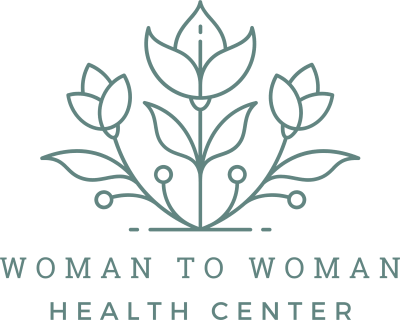If you are expecting and have started thinking about labor, you may have concerns or even fears about giving birth along with questions about who you want on your labor support team. You may have heard of a doula but aren’t sure what services a doula offers and if you would like one to support you during birth.
What is a doula?
The word doula means a woman who serves (DONA, n.d.). Birth doulas provide continuous non-medical, emotional, and physical support during labor to help you have a positive birthing experience (DONA, n.d.).
Doulas also provide support before and after birth by explaining various practices and providing education to help you make informed decisions about your care as well as the care of your baby (DONA, 2017b). After birth, doulas can also help you establish breastfeeding.
Do I need a doula?
While having a doula at your birth is certainly optional, according to DONA International’s “Position Paper: The Birth Doula’s Role in Maternity Care,” research has shown that women supported by a doula during labor are less likely to use pain medication, less likely to use synthetic oxytocin to augment labor, less likely to have a cesarean birth, and more likely to have a positive birthing experience (DONA, n.d.).
Doulas can provide a valuable role in helping you cope with pain through a variety of comfort methods and relaxation techniques such as using a birth ball, massage, position changes, visualizations, progressive muscle relaxation, and proper breathing. These methods not only help reduce pain by increasing oxygen flow to working muscles, but they can also improve the baby’s position and help labor progress.
The role of a doula was traditionally filled by a mother figure. Yet with families being more spread out in today’s culture, the ability to have your mom present at your birth is not always possible. A doula, however, can help provide the nurturing care and encouragement that a mother figure may have otherwise provided.
Can I just have my partner support me during labor?
Many men feel uncomfortable seeing their partner in pain and are unsure of how to help (DONA, n.d.). While a doula is mainly there to promote the health of you and your baby (DONA, 2017a), doulas can also support your friends and family, including your partner. For example, a doula can partner with the dad in supporting you by showing him how to use comfort techniques, such as massage, which not only provide you with relief but also helps him participate in the birth.
A doula’s continuous support throughout labor can also allow your partner to take a nap or a break if needed (DONA, n.d.). Especially during long labors, this can reduce any pressure a dad may feel to be present through the entire birth and allows him to feel more rested and available when you really need him (DONA, n.d.).
What do doulas NOT do?
While doulas can help with many aspects of birth, there are limitations on what her role involves. For example, unlike midwives, doulas do not provide medical services including giving medical advice, making a diagnosis, providing treatment, or performing medical procedures such as vaginal exams (DONA, 2017b).
A doula also does not make decisions for you. She can educate you on your options, encourage you to express your concerns, and suggest questions to ask your medical team such as the benefits and risks of a certain medical intervention, but ultimately the decision is up to you (DONA, n.d.; DONA, 2017b).
When should I meet with a doula?
Doula’s schedules can fill up, so the sooner you can get on her calendar, the better. Even if you just found out you are pregnant, it’s not too early to reach out to a doula.
Typically, a doula would meet with you twice prenatally to discuss your birth preferences, help you create a birth plan, and practice various relaxation methods. The doula would also be on call starting two weeks before your due date and would be there to support you throughout your birth. After delivery, a doula would meet with you for one or two postpartum visits.
A birth doula can play a positive role in supporting you during labor by providing continuous emotional and physical support, using a variety of comfort measures, educating you about your options, and empowering you to make informed decisions. This support can improve birth outcomes and significantly impact your satisfaction with your birthing experience. Are you interested in having a doula at your birth? Schedule an appointment today.
DONA International. (2017a). Code of Ethics: Birth Doula
DONA International. (n.d.) Position Paper: The Birth Doula’s Role in Maternity Care.
DONA International. (2017b). Standards of Practice: Birth Doula
